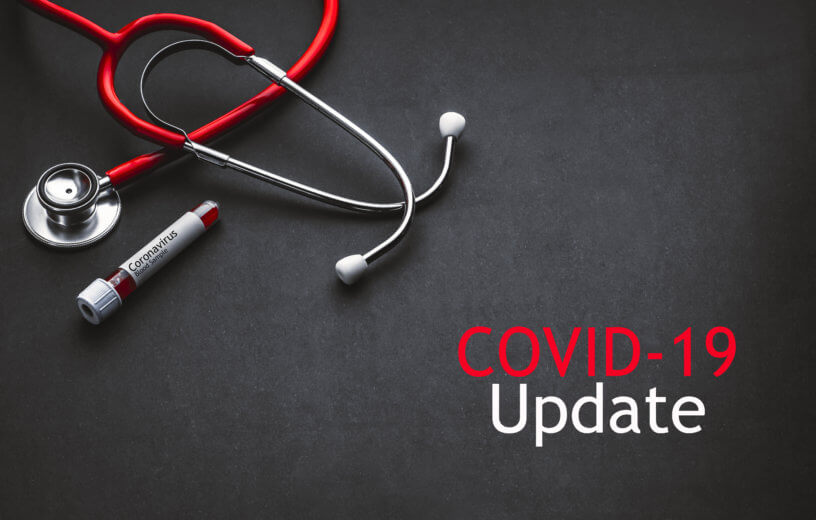BALTIMORE — Research on ways to treat the coronavirus pandemic has been a non-stop process in 2020. Unfortunately, a new study says much of the early research on COVID-19 will have little value in the search for a vaccine.
Researchers at Johns Hopkins Bloomberg School of Public Health say there were 201 registered clinical trials looking for a drug to treat COVID-19 through late March. Out of those tests groups, many have significant flaws that call their results into question.
What Went Wrong?
The study, published in the journal BMJ Open, reports that a third of the clinical trials had no clearly marked endpoint. Those tests never defined what success or failure would be for the patients, such as measuring how many patients were discharged from hospitals or survived the coronavirus.
Nearly half of the clinical trials tested fewer than 100 patients, which researchers say limits the usefulness of the data collected. The study also finds that two-thirds of the trials were “open label” tests, meaning doctors and patients both knew who was given the potential treatment and who was given a placebo. The Johns Hopkins team believes the open label tests are flawed because they allowed the participants’ expectations to influence the results.
“Because of these weaknesses, many of these studies are likely to yield only preliminary evidence,” study author Hemalkumar Mehta says in a statement. “Given the urgency of identifying definitive evidence on potential COVID-19 treatments, this is an instance where we wish we did not have to say ‘further research is needed’ because of basic trial design shortcomings and small trials.”
Drugs Pulling Double-Duty
Researchers say most of the 201 trials registered through March 26 involved drugs that are already being used to treat other diseases. The study explains that doctors usually have much more leeway to prescribe drugs for multiple illnesses if they’ve been approved by the U.S. Food and Drug Administration.
Although finding a COVID-19 treatment in an already-approved drug may speed up the race to save lives, the researchers warn that taking drugs for “off-label” uses can be risky and need thorough safety tests.
“We understand the urgency of clinical research on COVID-19, but this is a time when we need rigorous science to inform policy and clinical decision-making,” adds Dr. G. Caleb Alexander. “Any treatment that is ultimately deemed safe and effective via robust trials could potentially be used by millions of people.”
Coronavirus Testing Surge
Since March 26, over 2,000 COVID-19 clinical trials have been registered and more are filed each day. With the global death toll passing 400,000 in June, doctors agree it’s critically important that vaccine testing weed out the shortcomings from earlier trials.
“As the safety and effectiveness of new treatments are evaluated, it’s vital that we use the best science to do so,” says Mehta. “It’s especially important at this juncture with many lives in the balance.”
Like studies? Follow us on Facebook!
